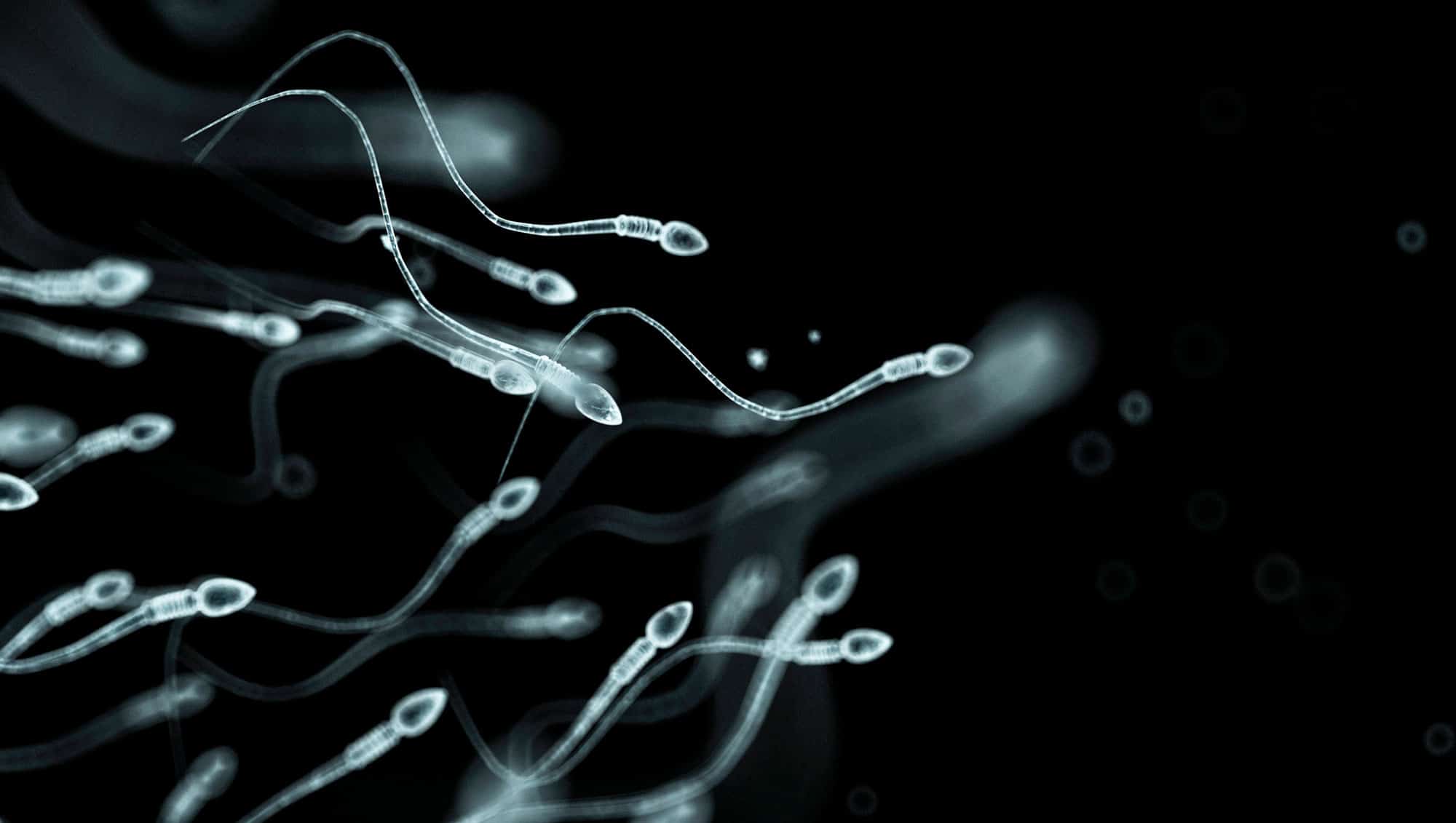
Important information regarding the rollout of the COVID-19 vaccine
Numerous medical bodies have released official statements regarding the COVID-19 vaccination in terms of male and female fertility and/or women who are

Numerous medical bodies have released official statements regarding the COVID-19 vaccination in terms of male and female fertility and/or women who are

Sometimes women begin to see a decline in egg number earlier than normal. Can anything be done to fix this?

Approximately 1 in 10 women suffer from polycystic ovary syndrome (PCOS), but is it possible for diet to control and manage symptoms?

Living in chronic pain is something many women with endometriosis suffer, however recent studies have also shown that the disease can be

It should come as no surprise to know that sperm health is essential to creating a healthy pregnancy, but how can you

Scientists have discovered that a protein called “CatSper1” may act as a type of molecular “barcode” to determine which sperm cells make

There are a number of reasons why endometriosis may be difficult to identify, but often it is due to the fact that

Approximately 1 in 10 women suffer from polycystic ovary syndrome, so how can you manage symptoms of PCOS?

The festive season this year will be different, however it can still be a painful and distressing time for many who are
Every story written here comes from Fertility First's Research Team, a group of scientists that doesn't just talk about the science behind fertility and reproduction, it lives and breathes it. Staffed by the doctors and scientists working behind the scenes at Fertility First, this team of dedicated embryologists, andrologists, and fertility experts collectively has over 40 years experience in the field.
Yes, chronic stress can impact fertility by disrupting hormonal balance and ovulation patterns. Managing stress through relaxation techniques, regular exercise, adequate sleep, and mindfulness practices may help optimise your chances of conception. Consider speaking with a counsellor if stress feels overwhelming.
Sperm health accounts for about 40% of conception challenges. Your partner can improve sperm health by maintaining a healthy weight, avoiding excessive heat exposure (hot tubs, saunas, tight clothing), limiting alcohol, quitting smoking, managing stress, and taking a multivitamin with antioxidants. Sperm takes about 3 months to develop, so lifestyle changes need time to show results.
Your fertile window typically spans 5-6 days, ending on ovulation day. For a regular 28-day cycle, this usually falls between days 10-15, with peak fertility 1-2 days before ovulation. Track your cycle using ovulation predictor kits, basal body temperature, or cervical mucus changes to identify your unique pattern. Having intercourse every 1-2 days during this window optimises your chances.